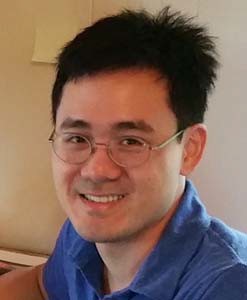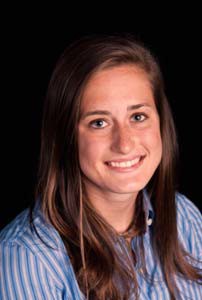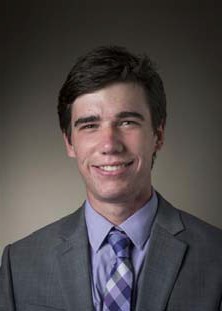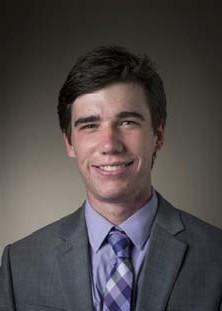An overnight sensation, whether a medical cure or an innovative new technology, is often years and even decades in the making. But the long hours and intense research efforts underpinning the discovery---the critical work upon which our scientific solutions and technology wonders are built---are rarely reported.
Such research takes time, constant pursuit, and a collaborative, supportive environment. In recent years the U.S. government has steadily reduced its support for basic research at U.S. colleges and universities, making ARCS contributions even more necessary to this vital work.
This is where ARCS Foundation and The Roche Foundation stepped in with a partnership to fill the funding gap. For almost 60 years, ARCS Foundation has partnered with US universities whose science, technology, engineering, and mathematics departments are ranked among the top 50 in the country. The Roche Foundation is one of the oldest charitable foundations in the U.S. and focuses its support on health promotion as well as science and math education. The Roche Foundation’s endeavor with ARCS Foundation is to support the next generation of science leaders and further the foundations’ shared interest in advancing science in America.
This winter, The Roche/ARCS Foundation Scholar Award Program in the Life Sciences is wrapping up a three-year program. This partnership between ARCS Foundation and The Roche Foundation has granted over $770,000 to 36 scholars who will be leaders among this generation’s life science originators and inventors. These scholars are the future of science in America and will help to realize the vision of ARCS Foundation.
Read on to meet a few of the recipients of The Roche/ARCS Foundation Scholar Award Program.

Travers H. Ching
University of Hawai‘i at Manoa
College of Tropical Agriculture and Human Resources
“When I say that receiving the Roche/ARCS Foundation Award has allowed me to focus on my research, there are several reasons for that. Because of the funds from the Roche/ARCS Foundation Scholar Award Program, I was able to live closer to the UH Cancer Center and was able to produce better results by being able to focus solely on my work.
In addition, I was able to go to the Pacific Symposium on Biocomputing conference and establish connections for a summer internship. There, I learned about the state of the art in bioinformatics research and I met researchers from around the world. The researcher who recruited me for the internship was impressed by my publications and the Roche/ARCS Foundation Scholar Award.
I am interested in machine learning and deep learning methods, and would like to apply my training in molecular biology, bioinformatics, and next generation sequencing analysis to help ultimately solve human diseases.”

Holly S. Corbitt
Oregon Health & Science University
“The Roche/ARCS Foundation Scholar Award has allowed me to be a part of a network of people who support me as a young researcher. Being surrounded by some of the most successful and influential people in Portland who have a genuine interest in my research has been an amazing experience. I research heart defects in infants with Down syndrome. Hearing about how people's lives have been touched by this and how grateful they are for the research we do has really given me the passion to work harder. Also, the financial support that I received helped me release the burden of everyday struggles, which allows me to devote my full attention to school.
My goal for the next school year is to solidify my place in the scientific community. I have completed a sequencing project with some exciting preliminary results. I am presenting these results at an upcoming American Society of Human Genetics conference. Also, I hope to get my first, "first-author" publication accepted in the next year.”

Daniel Long
University of Pittsburgh
“Many experiments I do with large animals require observations for over 24 hours, including trips to the animal facilities in the middle of the night. Before this award, these experiments were difficult to perform because the buses do not run very late in Pittsburgh and it was sometimes impossible to get to the lab at the appropriate times. With the Roche/ARCS Foundation Scholar Award, I was able to purchase a car, allowing me to run these experiments easily. This allows me to get my animal work done with less potential for the animals experiencing any suffering.
I have several goals for the next year, which include forming coacervate microparticles consistently through the design of a microfluidic device and publishing how they affect protein delivery. I hope to learn and begin small animal studies using the coacervate particles, and to receive approval (funding and regulatory) to move my myocardial research into large animals.”

